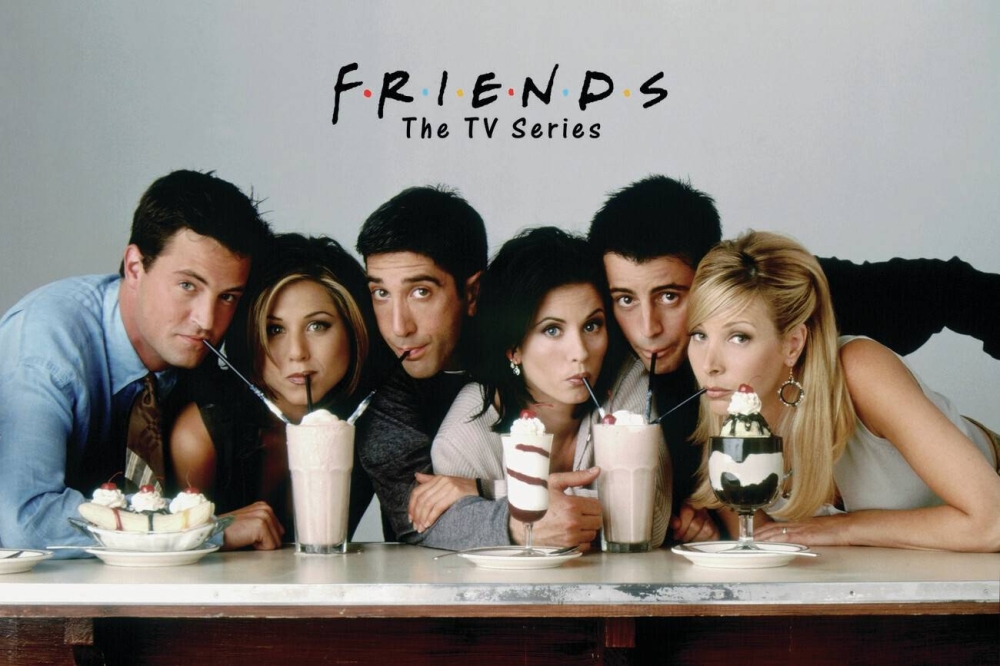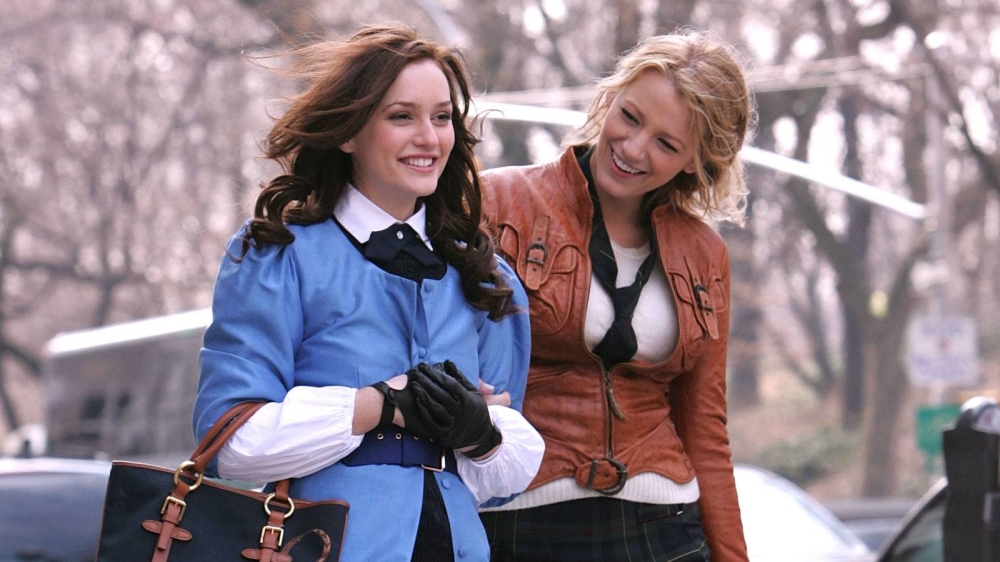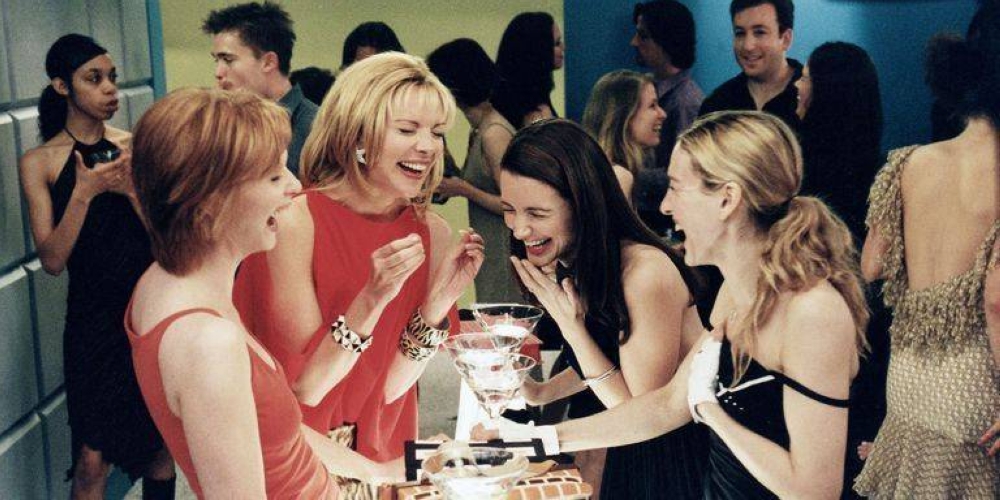In another example would friends be the same if it wasn't for the friendship between Joey and Chandler? It was too iconic how they both were so different but actually used to come together in support of each other, in any way possible.
Where lies the expiry date for a friendship far overdue? Is it etched along the lower edge—where snapshots were captured with unironic peace signs? Does it hide beneath the lid—where shared laughter lingered long after bedtime? These recollections don't materialise within the plastic molecules containing familiar late-night snacks, the kind you indulge in while seated cross-legged in front of your refrigerator. But what really does hit you at some point are the little habits you had picked up from each other. Say a drink that you never used to like, now you order just because it was of their taste palate, just as a remembrance to their existence, that they did exist.
There are still moments where I catch myself reflecting on the friendships I’ve had, and lost—on the beloved ‘D’ I tacked onto the end of ‘Best Friend’ to signify ‘Forever’; promises we made to this thing we shared, that neither of us could keep. Obviously, I am terrified to get hurt again. I still hold this terribly cliché but salient belief that I’ll never be friends with someone like this again. I still hold on to the delusional hope that one day he will realize he got it all wrong.
It's a strange and somewhat cruel mix of emotions. What gets to me the most is the petulance—the clinging sense of unjust discomfort. It's akin to the memories of being a child, throwing tantrums as a way to punish others by punishing oneself. Perhaps you can recall the scenario: "Fine!" says the kid. "I'll never come out of my room again!"Heartache reduces us to these basic and childlike reactions. It's a normal part of the process.
However, inevitably, the kid does emerge from their room at some point. Initially reluctant, arms still crossed, lower lip set in a pout. Yet, life persists, and the cycle begins anew—joy, pain, love, and loss. The inner child isn't entirely misguided. There is indeed an inherent unfairness to the whole ordeal.
The initial experience of losing a friend hit you at your core. For many, it occurs during high school, a time of adolescence filled with novel encounters. But also when it’s an adult friendship, it gets even more difficult to navigate through. Sometimes, it commences subtly and then inflates—perhaps a drifting, unprovoked remark that stings more than expected, or a significant event they couldn't attend, leaving you questioning the balance of support in your friendship. On occasion, it's a sudden and bitter disagreement that catches you off guard. In the aftermath of such intensity, you find yourself asking, "Should I reach out, or is this the conclusion?"
Let’s be honest adult friendship breakups make you think about Ms Swift's Anti Hero ‘I have this thing where I get older but just never wiser?’ Is that really so? You question. Wiser in chosing people and friends you confide in.
It's intriguing how we often engage in discussions about romantic break-ups far more than we do about parting ways with friends—connections that, arguably, are more widespread among the population and constitute a more substantial part of our daily lives than romantic partners. While breaking up with a romantic partner, challenging as it may be, typically comes with an abundance of advice and solace, the dissolution of a friendship tends to provide less of the same. We tend to keep our emotional pain close, protecting the hurt because, in some way, it doesn't seem as noteworthy. Such is the distinct impact of a friendship break-up—it's a silent form of devastation.
Learning to heal after a friendship break-up, therefore, is something that all of us should embrace with greater seriousness. How do we deal with any initial confusion and anger we might feel? How do we move on healthily, in a way that doesn’t trivialise our experiences, and also—if circumstances permit—leaves the door open for reconciliation? Here, Hadley Wen, Psychologist and Relationship Expert, shares her advice on how to prevent break-ups, seek support if one happens, as well as offer it to another.
Confront the issue head-on. While nobody enjoys awkward confrontations, it's crucial to communicate with your friend about why you're distancing yourself. If he/she remains unaware of the reasons behind your actions, they won't have the chance to address the issues or learn from any mistakes. Put yourself in their shoes—imagine being left wondering why your closest friend suddenly stopped communicating.
Allow yourself time to process the loss. Losing a friend is undeniably tough, regardless of whether it was your decision or not. It's natural to feel sadness, and this time, there may not be a companion with ice cream to console you. It's okay to express your emotions, whether through tears or anger. Consider writing a heartfelt letter to your friend, articulating everything you wished to convey but couldn't. Seal the letter in an envelope and either keep it in a safe place or symbolically tear it up—it's a therapeutic step towards healing.
Embrace new connections. Acknowledge your capability to form and nurture close friendships—you've done it before, and you'll continue to do so in your lifetime. Despite the potential intimidation, put yourself out there and be receptive to new people. The experiences from your past friendship have likely clarified what's essential in a new friend, such as mutual respect and shared values. You'll encounter new connections soon, and perhaps they'll even introduce you to a delightful ice cream flavor you never knew you'd love. Embrace the beauty of change—you never know what awaits around the corner.



